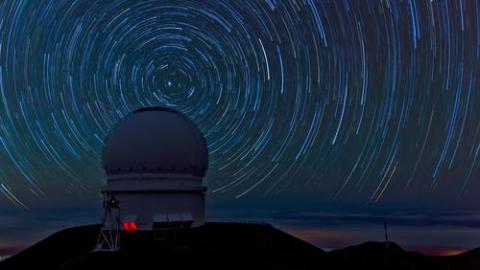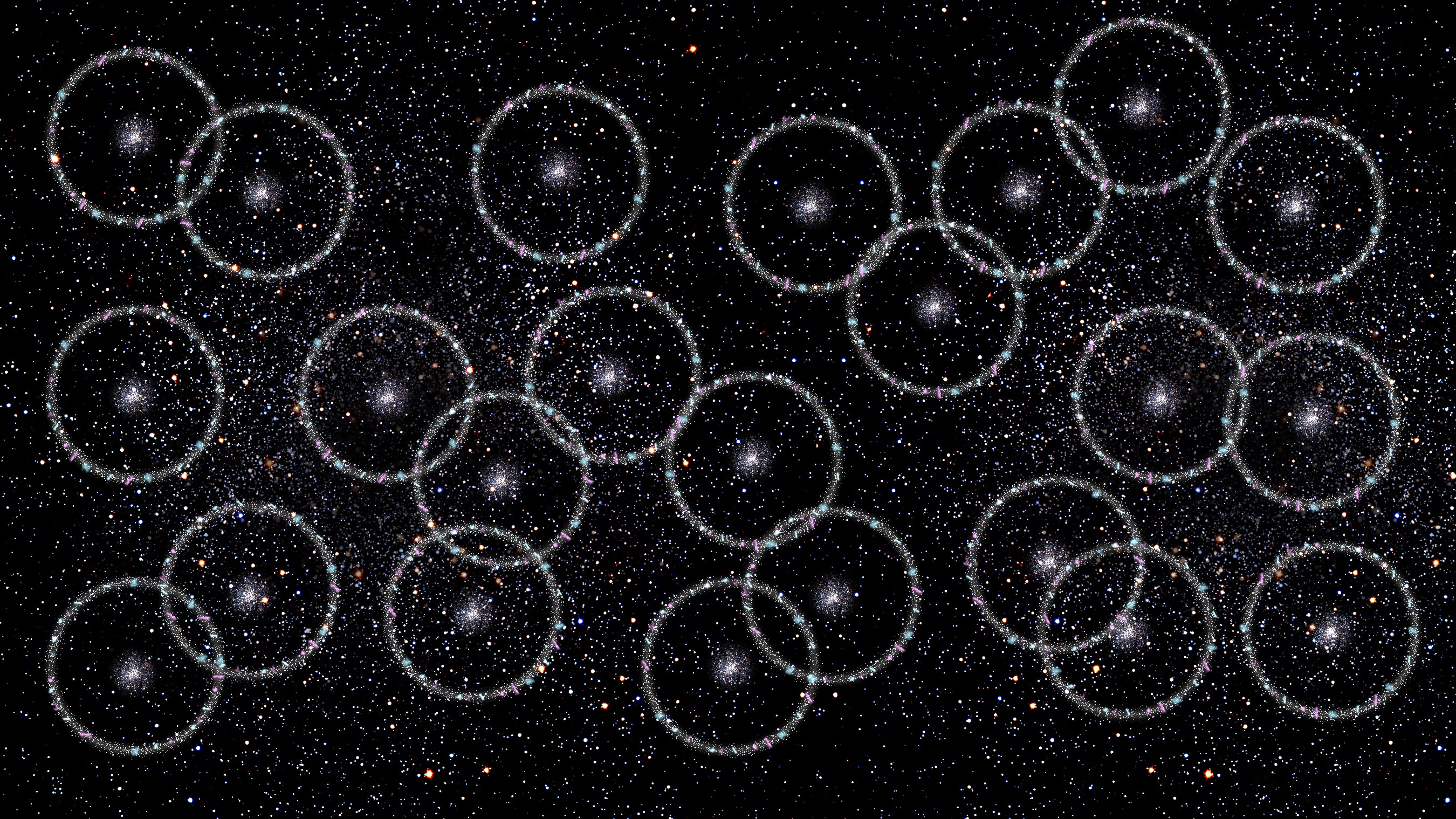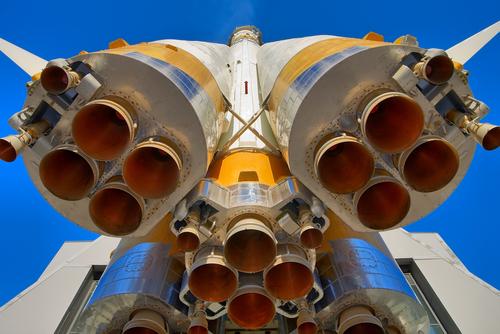Astronomers Make 3D Map of Universe

What’s the Latest Development?
Put your smartphone camera away. Using a dedicated telescope at New Mexico’s Apache Point Observatory, astronomers have begun taking the most detailed digital photographs ever, on the order of half a trillion pixels each, to create a three-dimensional map of our amazing Universe. The project’s lead scientist, Daniel Eisenstein, has pioneered a new way to interpret digital images of the sky using a technique called baryon acoustic oscillation, which describes how sound waves perturbed the distribution of matter after the big bang.
What’s the Big Idea?
During the first 400,000 years after the big bang, sound waves spread out across the virgin Universe, through clouds of hydrogen and photons of light, disrupting the even distribution of matter. This disruption, called baryon acoustic oscillation, is what allowed gravity to begin exerting its influence over matter “by making small clumps of matter into bigger clumps, and large clumps into nebulae—gas clouds that are stellar nurseries—which created stars themselves, solar systems, and the galaxies.”
Photo credit: shutterstock.com




